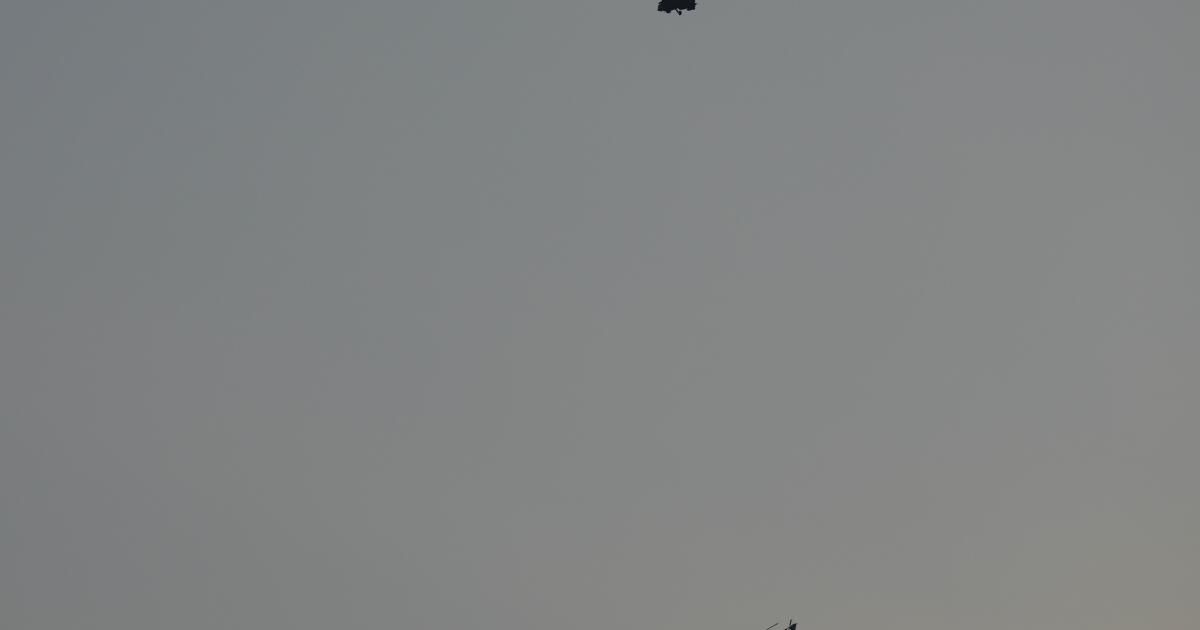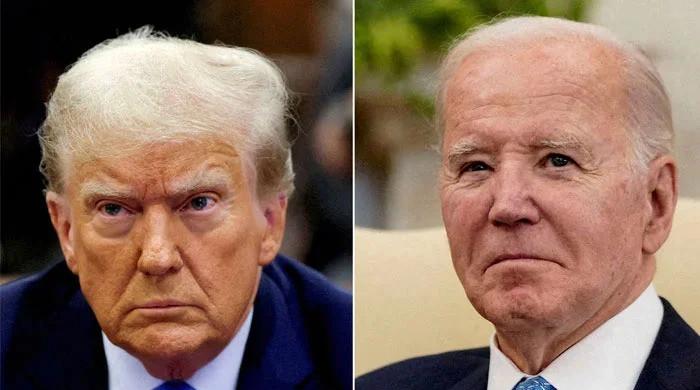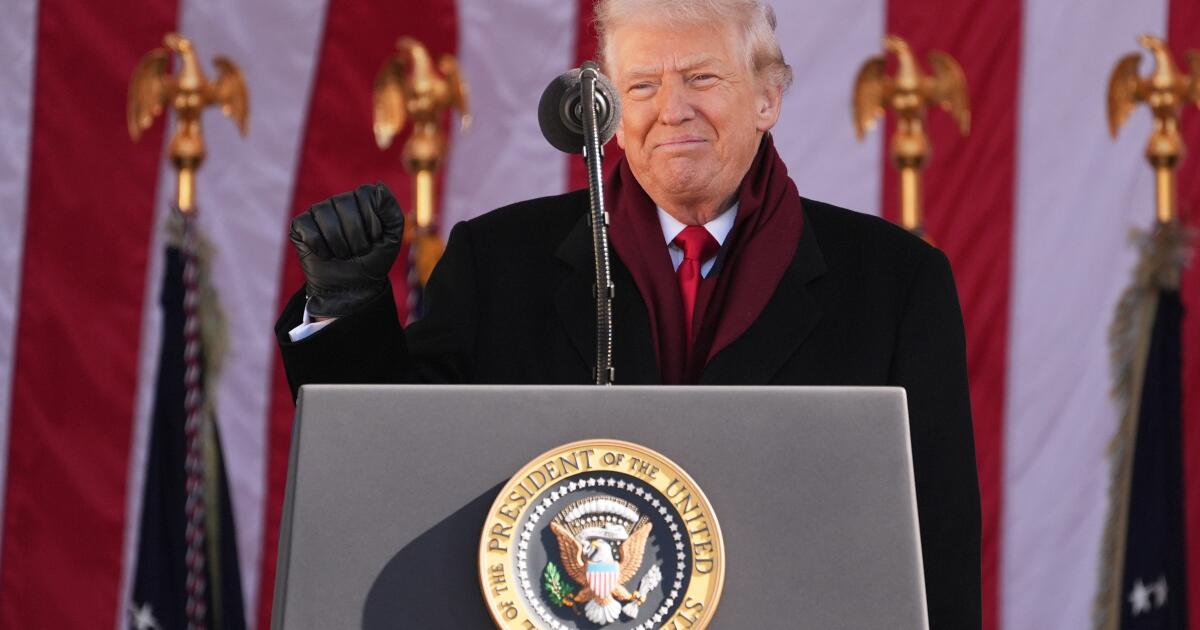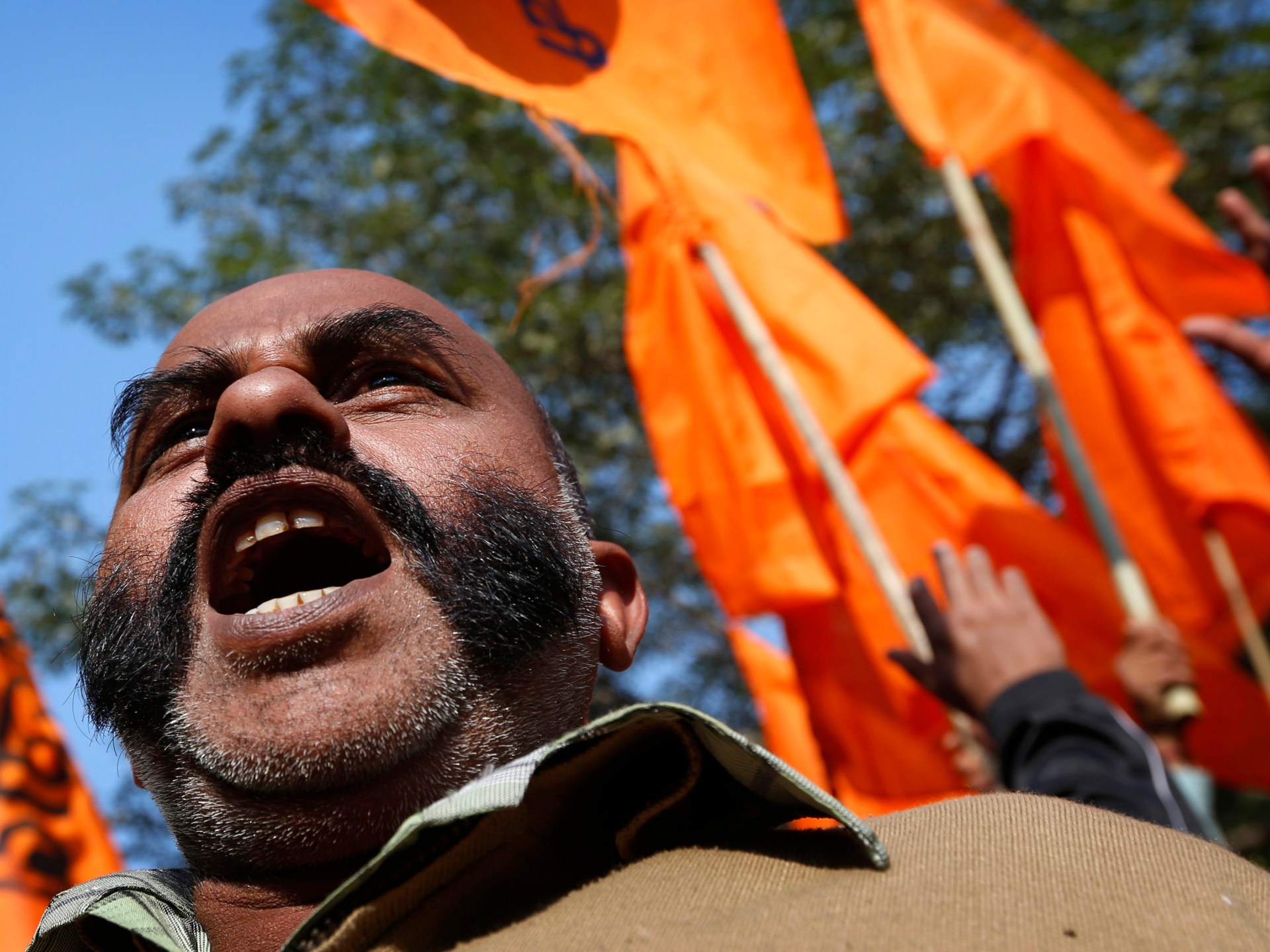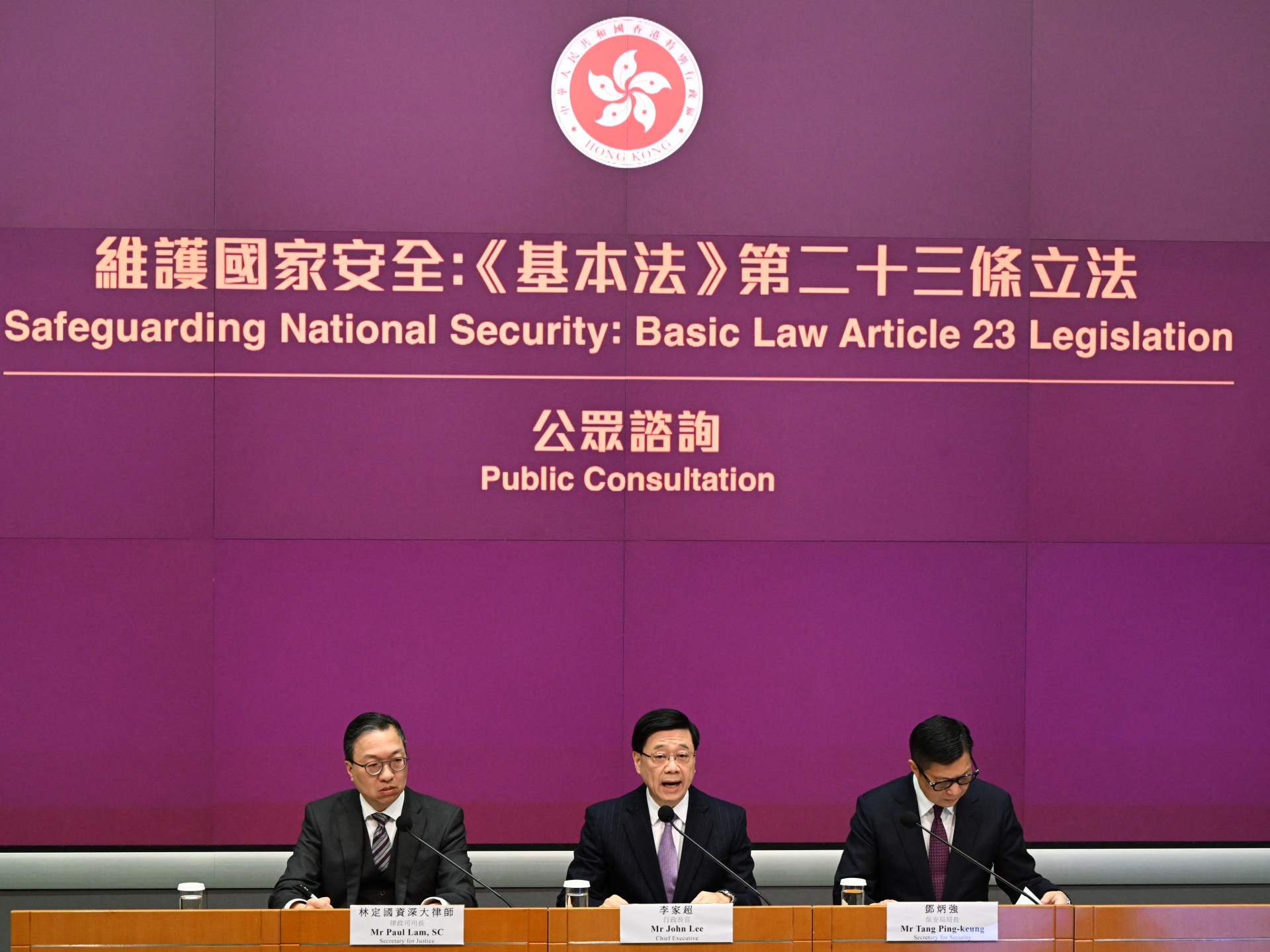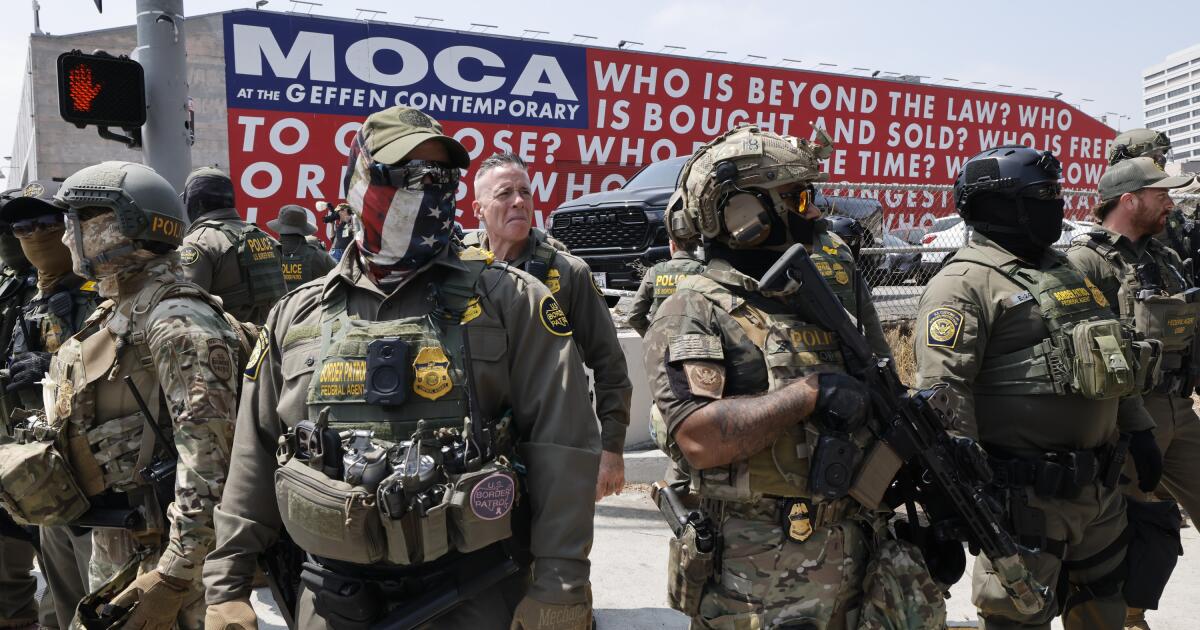The Israeli military launched what it called preemptive strikes in Lebanon against the militant group Hezbollah early Sunday, escalating already high tensions that could spiral into an all-out regional war even as efforts continue to forge a ceasefire in Gaza.
The strikes, which began before 5 a.m. local time, hit parts of southern Lebanon, where Hezbollah has been locked in an escalating fight with Israel for more than a decade. Hezbollah has also vowed to avenge the death of its top military commander, Fuad Shukr, whom Israel killed in an airstrike on the Lebanese capital last month.
In a statement, the Israeli military said Hezbollah was “preparing to fire missiles and rockets towards Israeli territory. In response to these threats, the IDF [Israel Defense Forces] “It is attacking terrorist targets in Lebanon.”
The impact of the strikes was unclear early Sunday, but Lebanon's state-run National News Agency said two people were wounded and the attacks had caused extensive damage to water and electricity infrastructure in southern Lebanese towns.
Israel declared a state of emergency for 48 hours and temporarily suspended flights from Tel Aviv's Ben Gurion International Airport before resuming operations at 7 a.m. Air raid sirens sounded across northern Israel.
Hezbollah responded with a volley of some 320 Katyusha rockets, targeting what it described as 11 military sites in northern Israel in an initial phase of its response. It also said it launched drones at “a qualitative Israeli military target to be announced later.”
“These military operations will take some time to complete, after which a detailed statement will be issued regarding their procedures and objectives,” Hezbollah said in a statement, adding that the group “was at its maximum readiness.”
The Israeli military sent a message on the Telegram app to residents of southern Lebanon early Sunday, warning that they are “in danger” and that “we are attacking and eliminating Hezbollah’s threats.”
“Anyone near areas where Hezbollah operates must leave immediately to protect themselves and their families,” the message said.
The region has been on edge since the back-to-back killings last month of Shukr and Hamas political leader Ismail Haniyeh, who was killed in a blast in Tehran for which Israel denies responsibility. Many fear a region-wide conflagration that would pit the United States against Iran.
Shukr's killing came after 12 young men were killed in a rocket attack on Majdal Shams, a town in the Israeli-occupied Golan Heights. Israel blamed Hezbollah for the attack, but Hezbollah denied it.
Last week, the United States led a campaign of negotiations in hopes of achieving a ceasefire in Gaza that would appease Hezbollah and Iran. Negotiators are scheduled to meet in Cairo in the coming days as Israel presses ahead with its offensive in the enclave, where more than 40,000 people have been killed, according to Palestinian health officials.
A broader confrontation with Hezbollah, an Iran-backed Lebanese Shiite Islamist group that is in an alliance with Hamas, would plunge Israel into a multi-front war with an adversary far stronger than Hamas. Hezbollah has developed an arsenal of some 150,000 rockets, missiles and drones.
Israeli Defense Minister Yoav Gallant, in a phone call with U.S. Defense Secretary Lloyd J. Austin III, said “we are closely following developments in Beirut,” according to a statement.
“We are determined to use all means at our disposal to defend our citizens.”
Austin reaffirmed the “strong US commitment to defending Israel against any attack by Iran and its regional partners and proxies,” according to a Pentagon statement.

